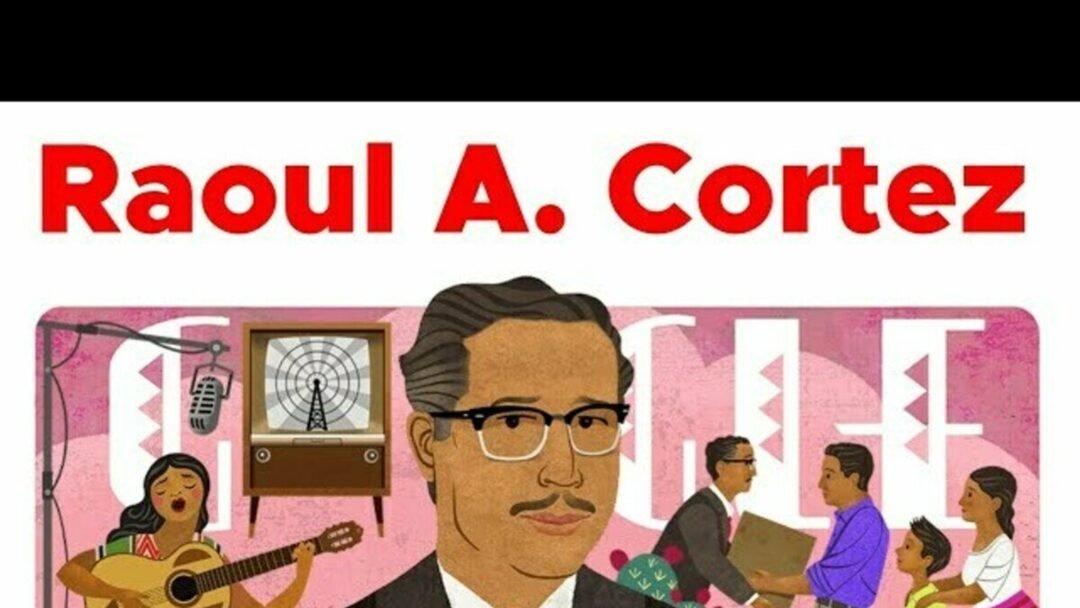Raoul A. Cortez was a pioneering figure whose contributions significantly impacted Latino media and civil rights in the United States. As the founder of the first Spanish-language radio station in the country, Cortez’s work helped to elevate Latino voices, promote cultural pride, and advocate for social justice. This blog post delves into the life, career, and enduring legacy of raoul a. cortez, highlighting his invaluable role in shaping the Latino experience in America.
Early Life and Background Of Raoul a. cortez
Birth and Family
Raoul A. Cortez was born on August 17, 1905, in Veracruz, Mexico. He came from a modest family background, and his early years were marked by the economic challenges that many immigrant families faced during that era. His family relocated to the United States when he was still a child, seeking better opportunities and stability.
Education and Early Influences
Cortez’s early education was limited due to the economic constraints of his family. However, his passion for learning and determination to improve his circumstances were evident from a young age. He was influenced by the rich cultural heritage of Mexico and the vibrant Mexican-American community in Texas, where his family eventually settled.
Raoul a. cortez Career Beginnings
Entry into Media
Raoul A. Cortez began his career in media as a journalist. He worked for various Spanish-language newspapers, where he developed his skills in writing and reporting. His early work provided him with a deep understanding of the issues facing the Latino community, including discrimination, economic hardship, and lack of representation in mainstream media.
Founding KCOR
In 1946, Raoul A. Cortez made a monumental leap by founding KCOR, the first full-time Spanish-language radio station in the United States, located in San Antonio, Texas. This bold move was driven by his vision to create a platform that would cater to the Spanish-speaking population, providing them with news, entertainment, and a voice in the public sphere.
The Impact of KCOR

Revolutionizing Latino Media
KCOR revolutionized Latino media in America. For the first time, Spanish-speaking audiences had a radio station that broadcast entirely in their language. This was a groundbreaking achievement at a time when the Latino community was largely marginalized and underrepresented in mainstream media.
Programming and Content
KCOR’s programming was diverse and catered to the interests and needs of its audience. The station aired a mix of news, music, talk shows, and cultural programs. It provided a platform for local artists, musicians, and intellectuals, helping to preserve and promote Latino culture and heritage.
Advocacy and Social Change
Beyond entertainment, KCOR played a crucial role in advocacy and social change. The station addressed critical issues such as civil rights, education, and immigration. It served as a voice for the Latino community, highlighting their struggles and advocating for their rights. Cortez used his platform to support various social justice causes, including the fight against segregation and discrimination.
Challenges and Triumphs
Overcoming Barriers
Raoul A. Cortez faced numerous challenges in establishing and running KCOR. The media landscape was dominated by English-language stations, and there was significant resistance to the idea of a Spanish-language station. Cortez had to overcome financial difficulties, technical challenges, and societal prejudices to keep the station running.
Community Support
Despite these obstacles, KCOR received overwhelming support from the Latino community. Listeners rallied around the station, recognizing its importance as a cultural and social hub. Local businesses and community leaders also supported KCOR, helping to sustain its operations and growth.
National Recognition
KCOR’s success did not go unnoticed. The station gained national recognition for its pioneering role in Latino media. It inspired the establishment of other Spanish-language radio stations across the country, contributing to the growth of Latino media networks.
Raoul A. Cortez’s Broader Contributions

Advocacy and Civil Rights
Raoul A. Cortez was more than a media entrepreneur; he was also a dedicated advocate for civil rights. He used his influence and resources to support various civil rights initiatives, including the fight for educational equality and political representation for Latinos.
National Association of Spanish Broadcasters
In 1948, Cortez co-founded the National Association of Spanish Broadcasters (NASB), an organization dedicated to promoting and protecting the interests of Spanish-language broadcasters. The NASB played a crucial role in advocating for policies that supported Spanish-language media and addressed the needs of the Latino community.
Political Involvement
Cortez was also active in politics, supporting candidates and policies that aligned with the interests of the Latino community. He understood the importance of political engagement and encouraged Latinos to participate in the political process to effect change.
Legacy and Honors
Lasting Impact on Media
Raoul A. Cortez’s contributions to Latino media have left a lasting impact. KCOR paved the way for the establishment of numerous Spanish-language media outlets, including radio, television, and print. Today, Spanish-language media is a vibrant and essential part of the American media landscape, serving millions of listeners and viewers across the country.
Recognition and Awards
Cortez received numerous accolades for his pioneering work. He was recognized by various organizations and institutions for his contributions to media and civil rights. These honors reflect his enduring legacy as a trailblazer and advocate for the Latino community.
Family and Succession
Raoul A. Cortez’s legacy continued through his family. His son, Alfonso Cortez, followed in his footsteps, becoming a prominent figure in Latino media. The Cortez family’s commitment to media and community service has had a multi-generational impact, further solidifying Raoul A. Cortez’s legacy.
Conclusion
Raoul a. cortez life and career are a testament to the power of vision, determination, and advocacy. Through his pioneering work in Latino media, he provided a voice to the voiceless, promoted cultural pride, and championed social justice. His legacy continues to inspire and influence the Latino community and the broader media landscape. Raoul A. Cortez remains a symbol of resilience and empowerment, reminding us of the importance of representation and advocacy in creating a more inclusive and equitable society.






